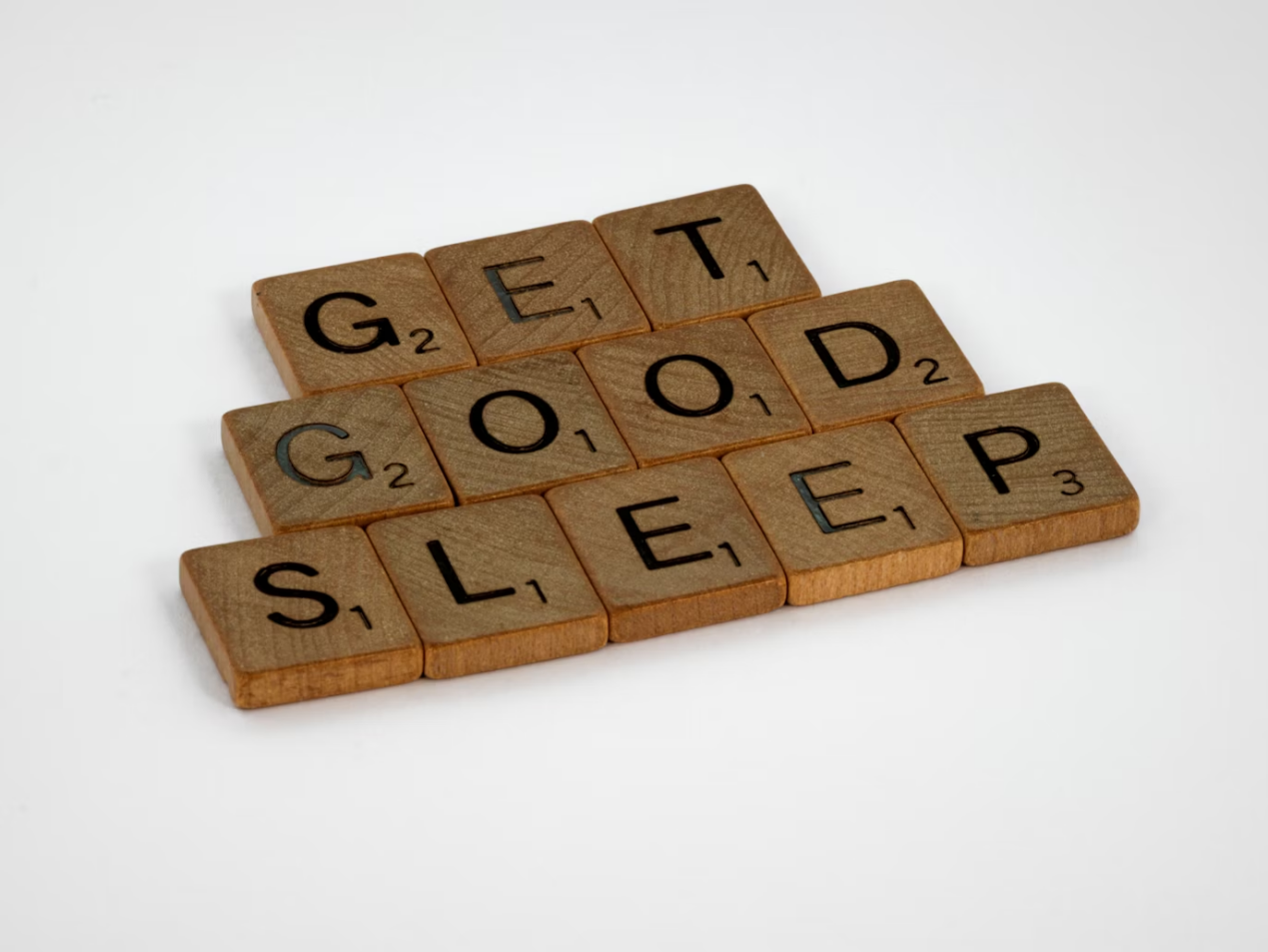The Science of Sleep: Maximizing Your Health Through Quality Rest

Quality sleep is as important for your mind and body as a healthy diet and exercise. Quality rest at night, after a long day, can enhance your mood, comfort your mind, and help you prepare for the next day.
Six million U.S. adults have been diagnosed with sleep apnea, a common sleep disorder. This is why it’s important to understand the science of sleep and sleep disorders to ensure that you’re getting well-deserved quality rest.
Continue reading this blog to thoroughly understand the science of the sleep cycle and explore tips to improve sleep quality.
Understanding the Sleep Cycle
Knowing the science of the sleep cycle can help you understand its role in ensuring quality rest and superior well-being. Let’s look into a breakdown of the four stages of your sleep cycle:
Stage 1 - NREM - N1
The first stage is characterized by light sleep and typically lasts for 1-7 minutes. It’s a slow transition from your wakefulness to mild sleep. During this time, muscle activity is quite slow, so you might experience muscle contractions called hypnic jerks.
Stage 2 - NREM - N2
Stage 2 is also a part of NREM but is characterized by a deeper level of sleep compared to the first stage. It normally lasts for around 10-25 minutes. During this stage, the brain activity slows down, body temperature reduces, and the heart rate starts to regulate.
Stage 3 - NREM - N3
This is the restorative stage, lasting for around 20-40 minutes. It’s harder to wake someone up during this phase, which is also known as slow-wave sleep. During this phase, your body is repairing and regenerating tissues, strengthening the immune system, and consolidating your memories.
Stage 4 - REM
The Rapid Eye Movement (REM) stage, as the name suggests, is characterized by rapid eye movements, vivid dreams, and temporary muscle paralysis. It normally lasts for around 10-60 minutes. Your brain activity is increased during this stage, nearing the levels observed when you’re awake.
The first REM stage might last for a few minutes, but as the night continues, you’re going to experience longer REM periods. Usually, the REM stage makes up about 25% of your total sleep.
The Health Benefits of Quality Sleep

Quality sleep helps regulate your mood and enhance your immune function and cognitive performance, but that’s not all it does. A good night’s sleep can help you steer clear of several chronic diseases as well.
Let’s have a look at the connection between good sleep and chronic diseases:
1. You Can Forget Diabetes
If you don’t suffer from any sleep disorders, rest assured because you are less likely to be affected by type 2 diabetes. The duration and quality of your sleep can predict the Hemoglobin A1c level, which is an important metric when it comes to controlling blood sugar control.
2. No Depression for Those Who Slumber?
While irregular sleep cycles and disturbance in sleep are often linked with depression, research also found that depressive symptoms reduce after sleep apnea treatment.
While depression and sleep quality are interlinked, it’s best to consult with a virtual doctor online before reaching any conclusions regarding your medical well-being.
3. Quality Sleep May Reduce Obesity
Poor sleep can disrupt your hormones, leading you to crave high-caloric meals and snacks, ultimately making you obese. It affects how your body metabolizes and digests food, which is why poor sleep is often associated with weight gain and obesity.
Tips to Improve Sleep Quality

If you find it troubling to get quality sleep, consider looking into these tips from our telemedicine doctor:
1. Establish Your Schedule
The most basic tip to improve your sleep quality is to establish a proper routine that you religiously follow. If you’re consistent, your body will get accustomed to the sleep schedule, and you won’t have to struggle falling asleep.
You should ensure you sleep for at least 7-8 hours every day. Try going to bed at the same time every night so you wake up around the same time every day.
2. Focus on Your Surroundings
Pay attention to the environment you sleep in. Opt for a quiet and dark space. Invest in comfortable bedding if you feel like you need it. Ensure that your room has an optimal temperature.
Try doing something that comforts you while you’re in bed or right before you crawl in. This could include taking a bath or reading a book. Avoid using a smartphone for a long time when you’re trying to sleep.
3. Be Mindful of What You Consume
What you consume has a huge impact on the quality of your sleep. If you consume large meals and high-calorie foods right before bed, you’ll feel disturbed and uneasy. The consumption of alcohol, even in low amounts, can decrease the quality of sleep by 9.3%.
4. Get Physically Active
It’s important to consider your physical activity if you’re facing trouble falling asleep at night. If you hardly do anything throughout the day, followed by untimely naps, your sleep cycle will be disturbed.
Consider exercising daily for at least 20 minutes. However, be mindful of when you start exercising. If you exercise an hour before bed, your sleep efficiency and duration are more likely to be affected.

The science of sleep isn’t as complex as it may seem. Once you recognize the best practices and start following them regularly, you’ll start noticing the positive effects quality sleep has on your mind and body.
Revolutionizing medical assistance in line with the modern lifestyle, TelMDCare is leading the way towards comfortable healthcare consultations offered virtually. Whether it's a physical health issue or a mental health illness, you can get consultations and prescriptions from our expert doctors online.
If you require any further assistance, feel free to contact our best doctor by phone at 800-230-2050 or simply book a virtual doctor appointment to better understand the science of sleep and its effects on your health.